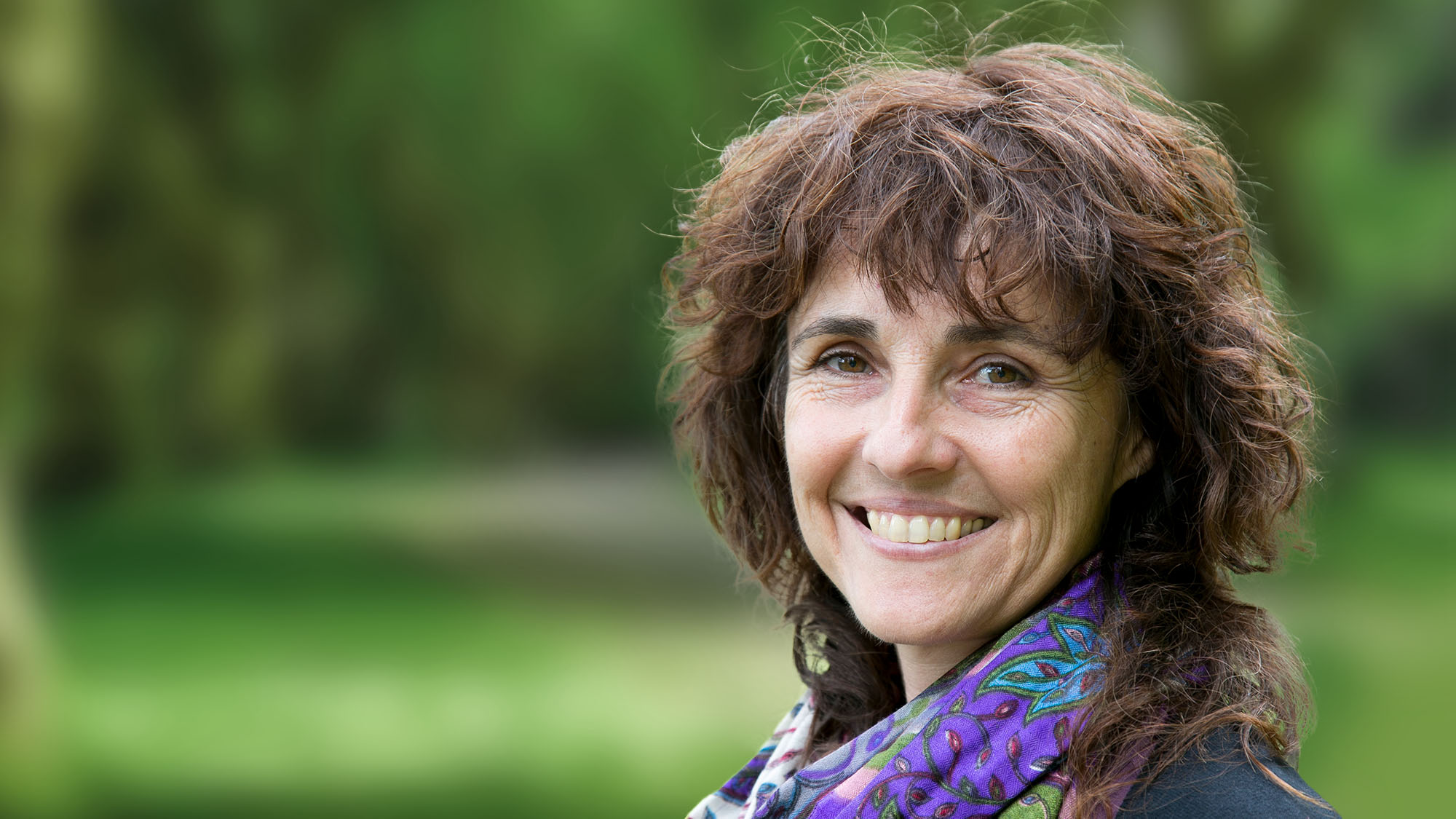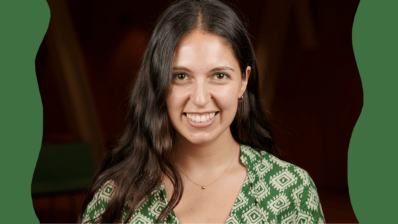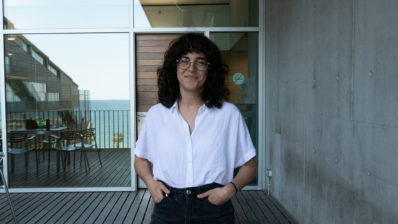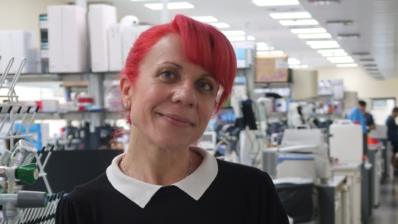Denise Suzanne Naniche is the Scientific Director of Barcelona Institute for Global Health (ISGlobal) – the first woman to occupy this position. She stepped into this role in early 2020, just as the coronavirus stepped into our lives. One year on, we talk to her about her experience at the forefront of an institute that aims to address the challenges in global health, and what it has meant for her professionally and personally.
A recent article shows that women occupy only 13% of the leadership positions in biomedicine in Catalonia. As one of the few, what does it represent for you as a woman and personally being the scientific director of ISGlobal?
It is a big responsibility with regards to the work itself, but also to be the best role model possible for many young women. A big issue for women in leadership positions in science is that we lack role models, and those few that exist are often overshadowed by men. There are many unconscious societal biases that give more visibility to men. And as women in leadership, we are faced with the challenge of making ourselves more visible.
“There are many unconscious societal biases that give more visibility to men“
Denise Naniche (ISGlobal Scientific Director)
What have been the major challenges since you started in this position a year ago?
Starting at the same time as the Covid-19 pandemic and working in a global health institute, it has been a steep learning curve. Taking on a role of supporting research and strategic thinking at an institutional level, while in the midst of a global health emergency felt like I was learning the steps to a new dance while hopping around on quicksand!
What changes is Covid-19 bringing at the level of research and its funding?
Covid-19 has hit many individuals and research institutions in different ways. There is a real fear that funding for other major global health issues, particularly those affecting low income countries, may be diverted to Covid-19 research. We all know that global inequity regarding how health issues are approached existed before the pandemic. We need to be vigilant and active so that the Covid19 pandemic does not deepen these inequalities, for example divert funding from Malaria or Chagas disease (diseases affecting poorer more vulnerable populations) to Covid19.
We need to be vigilant and active so that the Covid19 pandemic does not deepen the global inequity regarding how health issues are approached.
On the other hand, the global nature of Covid19 has allowed many researchers to apply their expertise to this new human infection. Such “covidization” of research has led to new opportunities for research and funding as well as to accelerating the generation of knowledge on SARS-Cov-2.
This pandemic is showing us that Health really is Global. What are the global health challenges and opportunities that await us post-Covid19?
Many scientists have warned that the Covid19 pandemic is minor compared to what awaits the health of humanity with the looming threat of climate change. I think that a major challenge will be to develop new interactions between human development and our environment in order to ensure food security, good health, education and peace; all directly related to planetary wellbeing. We need to rethink health as a right, and continue promoting the notion of universal health coverage. The pandemic has shown us that humans have difficulty preparing for the unknown and that diseases do not know borders. We have also seen that when large amounts of funding are prioritized for research, the scientific community collaborates more and advances by leaps and bounds.
How do you imagine ISGlobal in 5-10 years? What would you like to accomplish in your time as scientific director?
Scientific research can currently be described as highly competitive with a dose of collaboration. I would like to see a paradigm shift whereby science becomes highly collaborative with a dose of competition. Of course, one person cannot lead to such a dramatic change but I believe that as more women reach out to leadership roles, we can together promote a more collaborative transformative approach. The Covid pandemic has led to an unprecedented level of interdisciplinary collaboration and open science both at ISGlobal and across the world. This is also a lesson we can learn as we move forward into the post-covid era.
“I would like to see a paradigm shift whereby science becomes highly collaborative with a dose of competition (…) I believe if more women reach leadership roles we can promote this change”
One of the distinctive qualities of ISGlobal is that we act at various steps of the value chain from basic bench research to policy change in order to accelerate translation of research into impact. Our translational initiatives in malaria, Chagas, maternal health, antibiotic resistance and urban development have their roots in science but their reach goes far beyond.
This translational model could benefit from more integration of basic science, much less visible than epidemiology or clinical trials, yet necessary for sowing the seeds of health innovations. Researchers and innovation and policy analysts speak different languages and we all know how difficult it is to learn a new language. We need to work on improving a kind of “scientific esperanto” for fluid communication and detection of earlier steps of research with potential impact.







